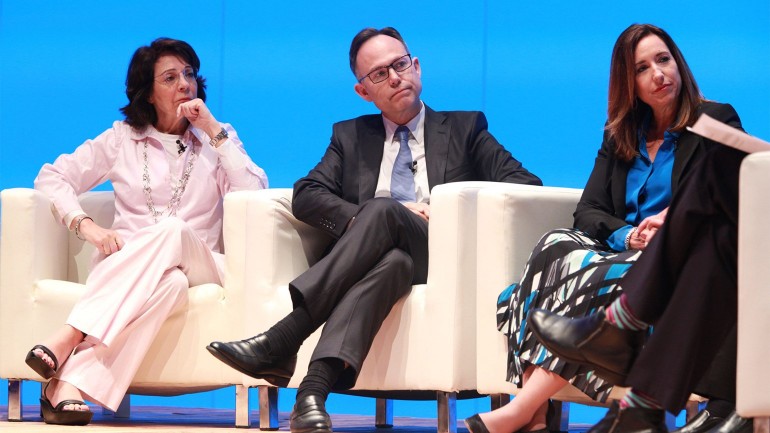Sponsored Listings:
BANGKOK — More than half of the attendees polled Thursday at the World Travel & Tourism Council Global Summit thinks that the travel and tourism sector does not do a good job tackling issues surrounding the impact of too much tourism.
Public concerns about an excess of visitors in places like Barcelona, which in 2016 began cracking down on home-sharing sites listing unlicensed rentals, and in Venice, where protesters last year tried to block cruise ships from entering its harbor, have the travel industry on the defensive.
“It’s clearly a perceived problem,” said Alex Dichter, a senior partner at McKinsey & Co.
Dichter said the first step to solving the problem is to know the maximum “carrying capacity” of any destination. Many geographic attractions, like the Galapagos, Milford Track in New Zealand and Yosemite require “a ticket to enter.”
In cities, he said, more needs to be done to spread the wealth, both among cities and within them.
“There are a thousand, possibly 5,000, wonderful things to do in a city, and yet there are 25 that are on the list of every tour operator and on the bucket list for every tourist,” he said. “Florence and Venice are wonderful, but so is Bologna, Verona, and Bari, and they have a fraction of the traffic.”
Carnival Cruise Line president Christine Duffy said that cruise lines do exactly that — take people to marquee ports like Venice for a day, but also call in the smaller, regional ports like Bari and Dubrovnik.
“If I’ve not been to Europe, I want Venice, but I’m happy to see these other destinations, too, so how do we find the right balance?” Duffy said.
Duffy noted that the cruise industry had agreed not to bring ships over a certain size into Venice.
“Smaller ports in the region suffer when we don’t bring as many ships to Venice,” she added. When Venice, a marquee port, is cut from an itinerary, other Adriatic ports are skipped, too.
Dichter said that the cruise industry is “spreading the wealth,” taking vacationers to lesser-visited destinations. This is happening in Europe and the Caribbean, where cruise companies have private islands, Dichter said.
“You could question the cultural value of visiting a manufactured island but they certainly take pressure off existing ports,” he said.
Sоurсе: travelweekly.com










